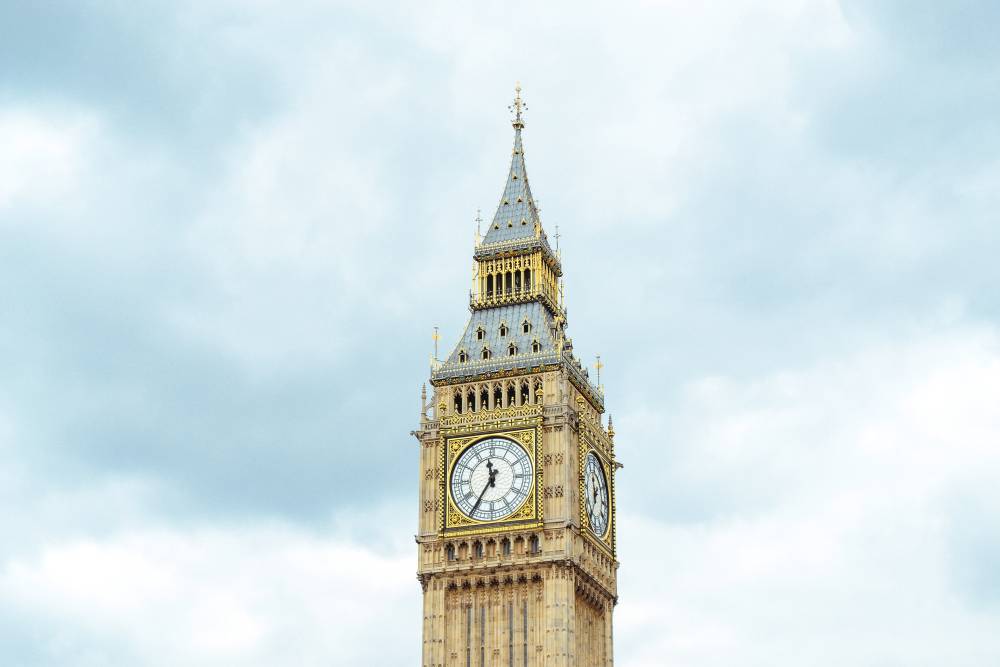
The Environmental Audit Committee (EAC) plans to monitor progress following continued concerns around the environmental impact of the fashion industry and working conditions in UK garment factories.
As a result of charges against Boohoo Group, garment factories in Leicester came under scrutiny this year.
Boohoo has been “inadequate for many years” at monitoring conditions, with “endemic” issues such as poor working conditions, insufficient pay levels, and “neglected” employee rights, as revealed by an independent report into the group’s Leicester supply chain.
The EAC explains that the report was eye-opening, especially as the coronavirus crisis calls for urgent and necessary changes in the current widely wasteful and unethical fashion system.
"The Covid-19 pandemic has shone a light on garment factories in Leicester. Reports of poor working conditions suggest there has been little improvement since the committee’s report, which recommended regular audits and for companies to engage with unions for their workers."
- Environmental Audit Committee (EAC)
As consumers, we have to start thinking about the consequences behind our purchasing decisions. The social and environmental impact of cheap clothing is horrible.
"The most sustainable garment is the one we already own."
- House of Commons Environmental Audit Committee, Fixing fashion: clothing consumption and sustainability report (2019)
Environmental platform Hubbub published a report in September 2020 on behalf of the All-Party Parliamentary Group (APPG) for Ethics and Sustainability in Fashion.
Titled "Making the UK a global leader in sustainable fashion," the document highlights a more sustainable route and the role that government and consumers could play in rebuilding the fashion industry after COVID-19.
It reveals that the environmental and social impact of the industry was increasingly under public scrutiny.
A survey carried out with members of the public showcases responses of UK residents, with 65% agreeing that the UK Government needs to act urgently to reduce the environmental impact of the fashion industry.
The study complements the 2019 Environment Audit Committee (EAC) report called "Fixing Fashion: clothing consumption and sustainability."
However, the UK government previously rejected these proposals and policies, including producer responsibility fees on each item of clothing to fund better textile waste collection, as it already addressed most of them in its Resources and Waste Strategy.
The recommendations also included due diligence checks across fashion supply chains to root out forced or child labor.
The EAC’s renewed efforts for sustainable fashion will focus on the enforcement of employment law and payment of minimum wage to protect workers.
They will also focus on the impact of the pandemic on fashion waste and relationships between retailers and suppliers, and solutions for fashion waste, and license factories.
Details are yet to be announced but it will consist of gathering written evidence and a one-off oral evidence session.
Replacing former Labor MP Mary Creagh, conservative MP for Ludlow Philip Dunne has recently been elected as chair of the Environmental Audit Committee.
He explains that he looks forward to continuing to have a far-reaching impact with a spotlight on the environmental footprint to protect our precious natural environment.
“Two years, four fashion seasons, and billions of tonnes of harmful emissions from textile production later, my committee has decided to revisit its fashion sustainability work. The fashion industry has a major environmental footprint - from the extraordinary amount of water to create cotton and polyester, to the sheer scale of waste with many items being worn once and thrown away. Our thirst for the latest trends is simply unsustainable. [...] Two years on, I hope there have been some improvements in the fashion industry. We will be unearthing whether this is the case, and what more needs to be done to secure our goal of net-zero carbon emissions by 2050."
- Philip Dunne Chairman, chair of the EAC
The Environmental Audit Committee will be inviting written evidence on the following:
- What progress has been made in reducing the environmental and social impact of the fashion industry since the Fixing Fashion report came out?
- What impact has the pandemic had on fashion waste?
- What impact has the pandemic had on the relationship between fashion retailers and suppliers?
- How could employment law and payment of the minimum wage be more effectively enforced within the UK fashion industry?
- What are the pros and cons of proposals to license factories or more strongly regulate purchasing practices?
- What would be the most effective measures industry or government could put in place to ensure that materials or products made with forced or prison-camp labor are removed from the supply chain?
- How can any stimulus after the coronavirus crisis be used to promote a more sustainable fashion industry?
- Is the Sustainable Clothing Action Plan adequate to address the environmental impact of the UK fashion industry? How ambitious should its targets be in its next phase?
- What actions could the government take to improve the collection of fashion waste?
- What actions could the government take to incentivize the use of recycled or reused fibers and materials in the UK fashion industry?
- How could an Extended Producer Responsibility scheme for textiles be designed to incentivize improvements in the sustainability of garments on sale in the UK?
Was this article helpful to you? Please tell us what you liked or didn't like in the comments below.
About the Author: Alex Assoune
What We're Up Against
Multinational corporations overproducing cheap products in the poorest countries.
Huge factories with sweatshop-like conditions underpaying workers.
Media conglomerates promoting unethical, unsustainable products.
Bad actors encouraging overconsumption through oblivious behavior.
- - - -
Thankfully, we've got our supporters, including you.
Panaprium is funded by readers like you who want to join us in our mission to make the world entirely sustainable.
If you can, please support us on a monthly basis. It takes less than a minute to set up, and you will be making a big impact every single month. Thank you.































0 comments